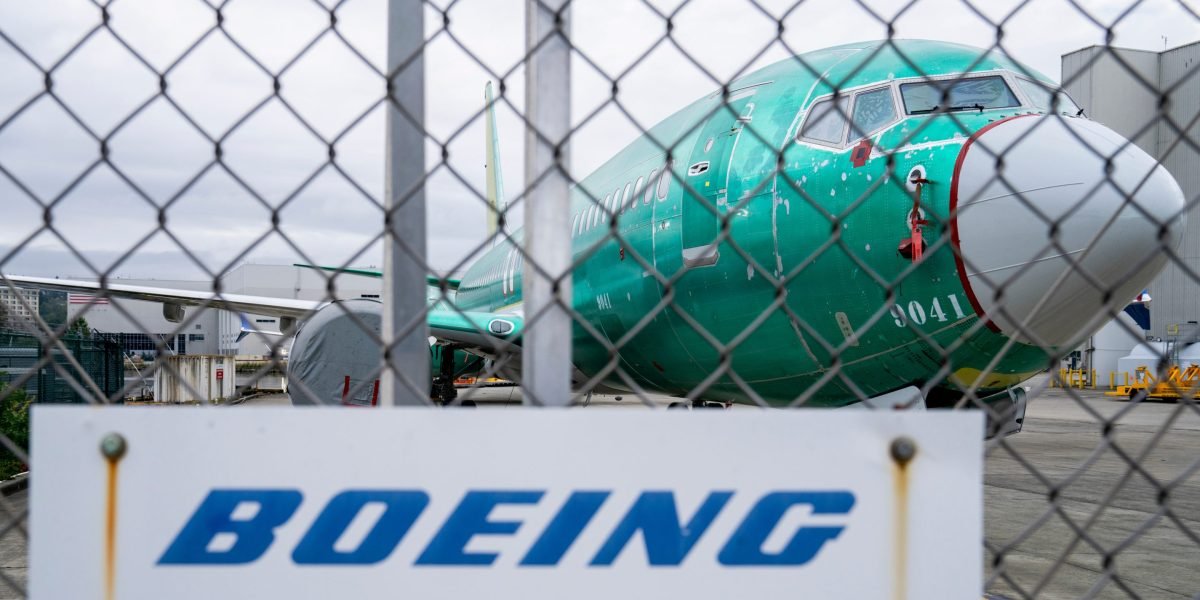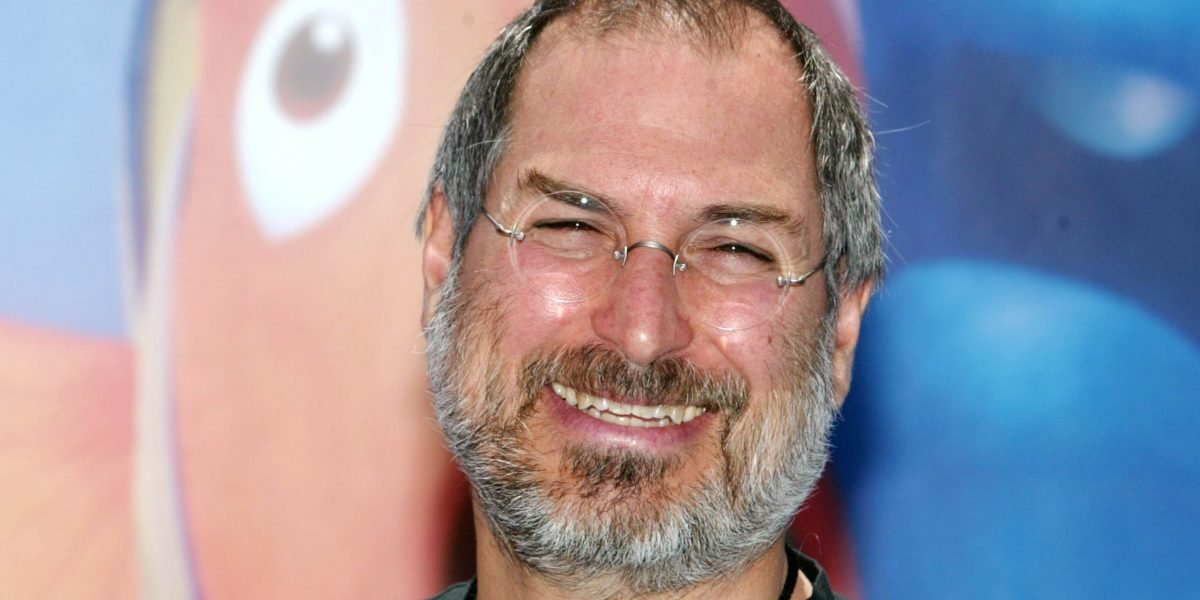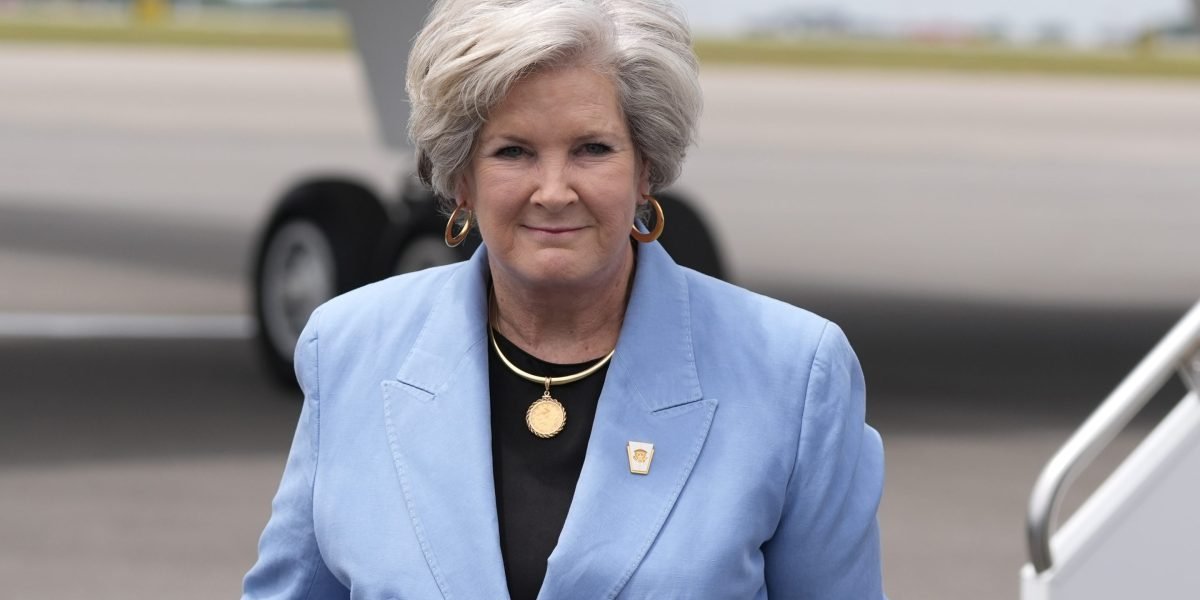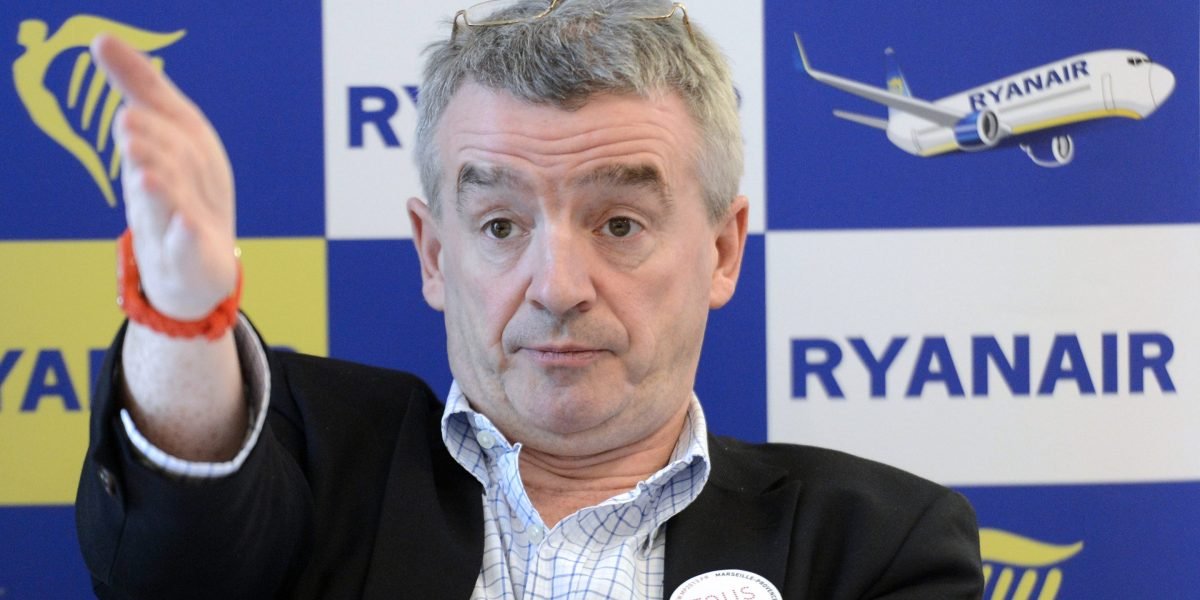
The U.K.’s new budget aims to raise £40 billion through additional taxes, and the country’s rich and influential are lashing out at the policies for discouraging business.
James Dyson, the business magnate behind electronics giant Dyson, slammed Chancellor Rachel Reeves’s measures to increase taxes, including on the inheritance of farmland worth above £1 million in value.
Dyson, whose net worth is $21 billion according to the Bloomberg Billionaires Index and is tied to the company that makes hair driers and vacuum cleaners, said the proposed policies would substantially harm businesses.
“Make no mistake, the very fabric of our economy is being ripped apart. No business can survive Reeves’s 20% tax grab. It will be the death of entrepreneurship,” Dyson wrote in an op-ed for The Times. “Labour has shown its true colours with a spiteful budget.”
Over the weekend, Jeremy Clarkson, a television personality-turned-farmer in the reality series Clarkson’s Farm, also expressed his anger at farmlands being counted out of the inheritance tax exemption.
In a column for The Times, he wrote of Reeves that “history will see her as the most stupid, blinkered idiot ever to occupy No 11” because of this.
Even Elon Musk, who has ruffled feathers with the Labour Party in recent months, weighed in on the subject. He took to X, the social media platform he owns, urging Prime Minister Keir Starmer to “leave farmers alone.”
Dyson’s farming empire
Dyson’s critique is hardly surprising given the entrepreneur owns a sprawling farming empire through his eponymous company, which stands to be impacted by the impending inheritance tax changes.
Since 2013, the Singapore-headquartered Dyson has amassed about 35,000 acres of farmland across the U.K. (larger than the royal family’s holdings, The Telegraph reported in 2021) making him one of the country’s largest farmers. Those farms produced 40,000 tonnes of wheat and 12,000 tonnes of potatoes, among other things, last year.
Agricultural land has been entirely exempt from inheritance duties until now, and that loophole led to speculation that the rich misuse it to dodge taxes. But now, when the budget measures kick in April 2026, some of their families—including Dyson, Danish billionaire Anders Holch Polvsen, and Clarkson—will be liable to pay hundreds of millions in taxes.
Dyson wrote in the op-ed that while the company was fortunate enough to have £140 million to invest in improving farming infrastructure, few other farmers had that kind of financial success.
“As a result of Reeves’s plans, we will be even more reliant on overseas food imports delivered through unpredictable supply chains. That should keep the government awake at night,” he wrote.
“Reeves ignores the fact that the wealth of this nation is built not by government but by private enterprise and entrepreneurs.”
It’s unclear how much the measures will impact Dyson’s personal wealth. He and his family are among the largest taxpayers in the U.K., having paid £156 million in 2023.
The move to tax inherited farmland has been met with backlash from the farmers who fear losing a chunk of their hard-earned fortunes in passing land on to the next generation.
However, experts have highlighted that introducing a tax could encourage succession planning within farming families. Meanwhile, the government has argued that the new measure will not impact most farms and is ultimately a step to protect the agriculture industry.
Representatives at HM Treasury didn’t immediately return Fortune’s request for comment.















Leave a Reply